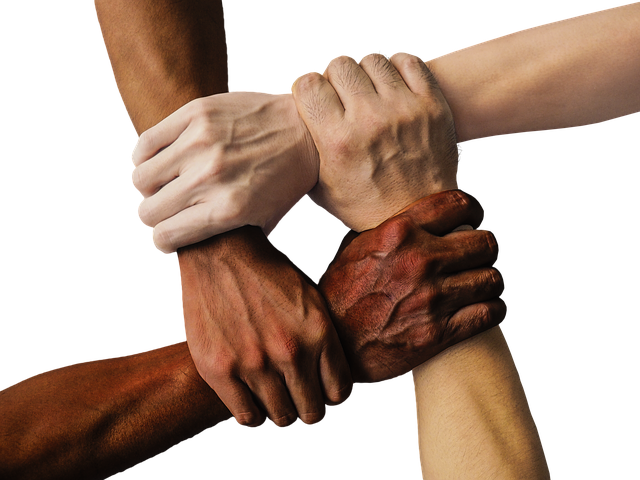Diversity, Equity and Inclusion programmes highly valued by employees, but two British employees out of five regularly experience microaggressions

Just ahead of Global Diversity Awareness Month (October 2021), Dynata (@DynataGlobal), the world’s largest first party data and insights platform, has revealed new findings from its latest report, Global Consumer Trends: Diversity, Equity & Inclusion in the Workplace, which demonstrate that 41% of UK employees report that colleagues often say hurtful things to them based on their differences without realising they are being hurtful (microaggressions).
The report also finds that 34% say they often feel stereotyped in the workplace. Furthermore, almost one in three UK workers fear that Diversity, Equity and Inclusion (DEI) programmes will cost them their job.
70% of those whose company has a DEI programme said it was very or extremely beneficial. However, awareness of DEI programmes fluctuates among cohorts; younger workers are more familiar than older ones with initiatives aimed at promoting DEI – 72% for Gen Z and 67% for Millennials vs. 52% for Gen X and 33% for Baby Boomers.
Drawing on responses from more than 12,000 consumers in 11 countries, Dynata’s report seeks to understand the current landscape of DEI in the global workplace. It explores the attitudes and opinions of employees and employers surrounding DEI programmes in their organisations – from meaningful measures to effects on recruiting and reputation – and what those feelings could mean for the improvement and further effectiveness of these initiatives. Data was collected in two periods in July and August 2021.
Saying hurtful things unintentionally – “microaggressions” – and stereotyping are still common in the workplace.
- Two UK workers out of five report that people often unintentionally say hurtful things based on their differences (41%).
- This rises to 46% among male workers, compared to 35% among women.
- This type of microaggression is more common for ethnic minorities in the UK (51%) than those in the USA (46%) and Canada (42%) and Australia (35%).
- UK respondents also say that they often feel stereotyped (34%) in the workplace.
- Ethnic minorities in the UK and USA are more likely to feel stereotyped at 43% and 46%, respectively.
Almost one in three (31%) UK employees fear losing their job in a more diverse, equitable and/or inclusive organisation.
- This worry is higher among men (35% vs. 26%
- 52% of senior leadership share this fear vs. 33% middle management and 20% non-managers.
- Millennial males are particularly worried about this at 45% (vs. 33% Millennial females).
- Additionally, 39% of those workers whose companies have a DEI programme feel this way, as do 41% of those who participate in those programmes and 43% of those who say they benefit from those programmes.
There is an age, cultural and seniority gap in recognising DEI
- 70% of UK employees whose company has a DEI programme said it was very or extremely beneficial to the organisation.
- 57% of UK workers have a high level of familiarity with Diversity, Equity and Inclusion (DEI) programmes, above the global average of 46%.
- However, awareness fluctuates among many cohorts, perhaps contributing to changing standards.
- Younger workers are more familiar than older ones with initiatives aimed at promoting DEI – 72% for Gen Z and 67% for Millennials vs. 52% for Gen X and 33% for Baby Boomers.
- 20% of UK female workers – and 16% of male – are unfamiliar with DEI.
- 27% of non-managers are unfamiliar with DEI versus 5% of senior leadership.
Microaggression is a term used for commonplace daily verbal, behavioural or environmental slights, whether intentional or unintentional, that communicate hostile, derogatory, or negative attitudes toward stigmatized or culturally marginalized groups. For this report, respondents were asked “Do you agree with the following statements about your current workplace? – People often say hurtful things based on my differences without realizing they are being hurtful”.











Responses